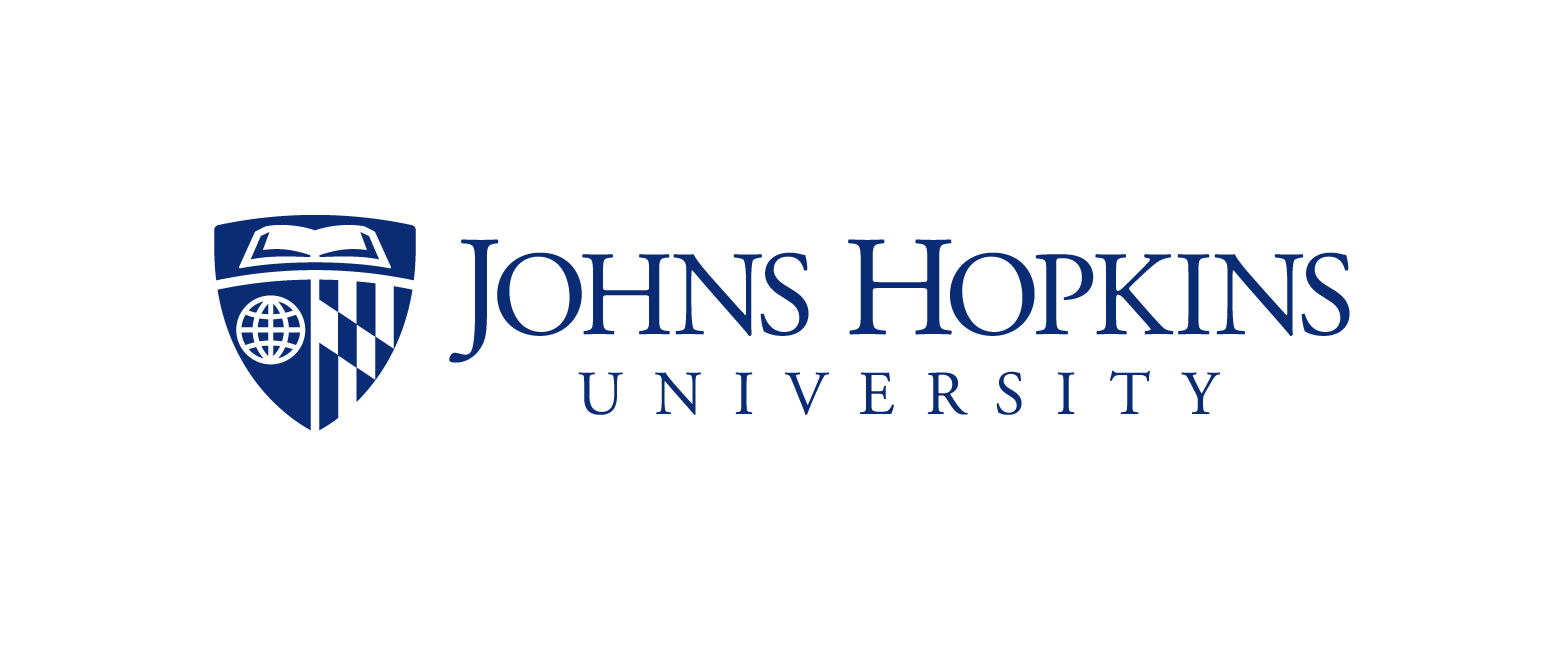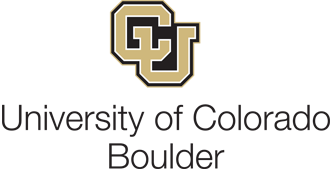TOME supports the work of university presses by providing grants for scholarly monographs that are deserving of publication but increasingly difficult to publish due to market-based concerns.
How It Works
TOME is a five-year pilot project that started in 2017 and runs through 2021. The original 14 participating universities committed to awarding three publishing grants per year over the five years (15 total grants). Baseline grants are $15,000 for average-length (90,000 words) monographs. Longer works, or those that contain complex elements, might require additional funding.
Participating TOME publishers are eligible to accept grants from authors at any participating TOME institution. (See list below.) Remember that each institution establishes its own rules for selecting TOME volumes, so you will need to be sure that your authors are eligible under their institution’s rules. Some institutions accept applications from faculty on a rolling basis throughout the year. Others employ a competitive process with a selection committee that makes decisions after set application deadlines.
If you are considering a manuscript by an author at a participating institution, you may raise the subject of a TOME grant (with the author and the institution) at any time in the review process, but bear in mind that TOME grants are not awarded until the manuscript has undergone the same procedures for peer review and met the same editorial standards as your other scholarly books.
If you ultimately accept a TOME-eligible manuscript for publication, you should then work with the point of contact at the author’s institution to formalize the terms of the TOME grant. These terms are usually spelled out in a separate addendum to the author contract or, alternatively, they can be incorporated into your standard author contract. (Note that each institution handles the funding and administration of TOME in its own way. In some cases, the library takes the lead. In others, it may be a college or a center for the humanities.)
TOME grants are generally paid directly to the publisher. In return for the funding, the publisher must commit to producing a digital open access edition of the book, openly licensing it under a Creative Commons license, and depositing the files in selected open repositories (as specified in the contract). In turn, publishers are free to publish (and sell) a traditional print edition as they normally would according to the terms of the author contract.
Resources
“It’s a Movement, Not a Club”: TOME in the Growing Landscape of Open Monograph Publishing
Report on the TOME meeting hosted by the Association of American Universities (AAU), Association of Research Libraries (ARL), and Association of University Presses (AUPresses) in Washington, DC, on July 22, 2019. Report published September 5, 2019.
Download the PDFA Study of Direct Author Subvention for Publishing Humanities Books at Indiana University and University of Michigan
This white paper presents recommendations about how a system of monographic publication fully funded by subventions from authors’ parent institutions might function, based on research activities supported by the Andrew W. Mellon Foundation at Indiana University.
Read the ArticleA Rational System for Funding Scholarly Monographs
This 2012 white paper was prepared for the Association of American Universities and ARL joint Task Force on Scholarly Communication to explore the growing inability of a market model to adequately support the publication of scholarly monographs.
Download the PDFTOME Documentation
Model publishing contracts and amendments for publishers and authors
View DocumentsTOME Institutions
The following colleges and universities are participating in the TOME pilot, thereby sending a strong signal to their humanities and social sciences faculty that their scholarship is valued and worth promoting to the world.


